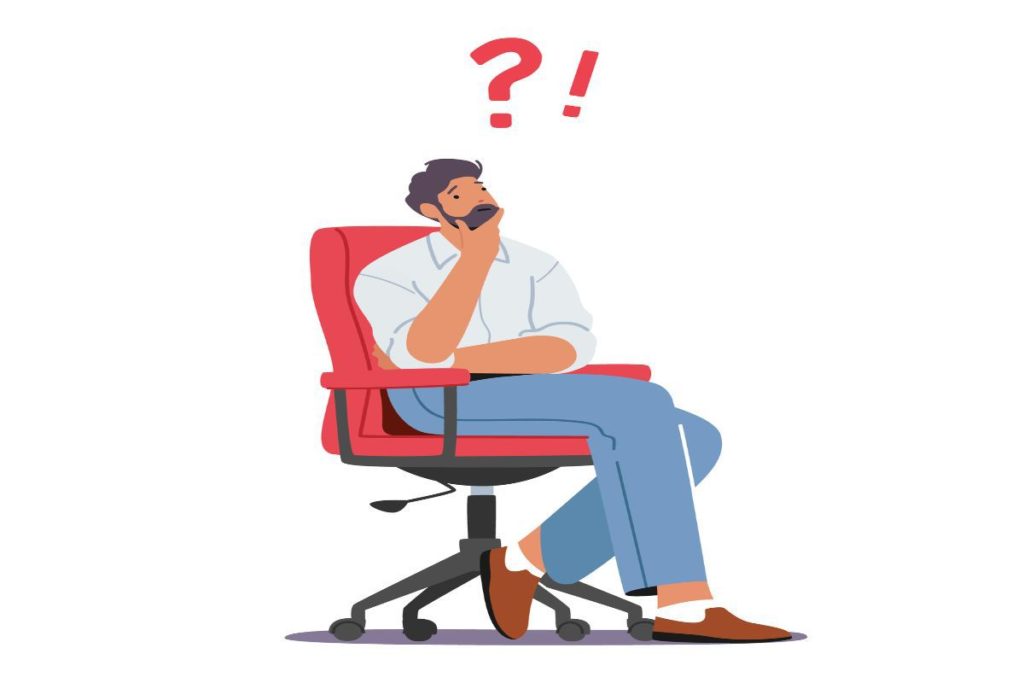The long hours you put in studying, attending classes, and taking licensing exams make a professional license a huge achievement. However, once you have your professional license, you still must follow the rules and laws that govern your profession. If you violate any of those rules or laws, you could face disciplinary action against your license.
While some violations are much more critical, even minor ones can have significant adverse consequences for your license, career, and future. If you are facing accusations of violating the rules or laws that govern your profession, you need to contact an experienced license defense attorney to help you navigate any resulting disciplinary proceedings. You can benefit from legal representation no matter how insignificant or minor the alleged violations may seem.
Minor Violations and Professional Licenses
When you look at the full range of potential violations and penalties that professionals can face, some of those violations seem minor. For example, compared to medical malpractice, mishandling client funds, or substance abuse on the job, violations involving a failure to complete continuing education requirements may seem inconsequential. Other minor disciplinary violations that professionals might commit can include:
- Failure to notify the licensing board of a change in practice or mailing address;
- Failure to publicly post a complaint sign or other signs as required by law;
- Inappropriate advertising
- Improper solicitation of patients or clients
- Failure to electronically sign a death certificate (for doctors only)
Unfortunately, licensing boards can and will prosecute minor violations against professionals who break the rules and laws that govern their profession. Furthermore, discovering one violation by a professional often leads a licensing board investigator to scrutinize all aspects of your practice. In many cases, one violation can lead to multiple violations. Even if these violations are minor, they can collectively result in harsh sanctions.
Furthermore, some licensing boards publish recommended sanctions for certain violations as part of their rules. However, licensing boards are always careful to point out in these rules that they are not required to follow those recommendations in determining sanctions for rules violations. As a result, you can receive a harsher sanction for a rules violation than the rules recommend if the licensing board finds it appropriate. You cannot rely on the recommendations to know what sanction you will receive for a particular violation.
Continuing Education Requirement Violations
All professionals must periodically complete a specific number of hours of continuing education. In some professions, some individuals also must complete certain types of courses. One of the most common violations is the failure of a professional to complete the required courses or hours of continuing education, which can result in disciplinary proceedings.
Medical Licensing and CMEs
For instance, doctors must complete 48 hours of continuing medical education (CME) every 24 months. Twenty-four of these hours must be formal courses, including the following:
- Two hours of medical ethics and/or professional responsibility
- Two hours of pain management and the prescription of opioids
- A course on human trafficking
Depending on a doctor’s specialty or type of employment, a doctor may have to complete other required courses as part of their required CME. The other 24 hours of CME are informal, consisting of informal self-study, attendance at hospital lectures, or grand rounds not approved for formal CME or case conferences.
Doctors who fail to meet the CME requirements can face the following recommended sanctions under 22 Tex. Admin. Code §190.14(9):
- Complete all missing CMEs, complete an additional four hours of ethics or risk management CMEs, and pay a $500 administration fee
- Complete all missing CMEs, complete an additional eight hours of ethics or risk management CMEs, pay a $1,000 administration fee, and take a JP exam
However, as previously noted, doctors can face harsher sanctions in some cases for a CME violation, such as if it is not their first violation or they have repeatedly violated the Board’s rules since receiving their medical licenses.
Real Estate Agents and Continuing Education Hours
Realtors and other real estate professionals are subject to continuing education requirements that the Texas Real Estate Commission (TREC) monitors. For example, for active real estate sales agents to renew their licenses, they must show proof that they have completed:
- 18 hours of approved continuing education courses, including:
- 8 hours of TREC Legal Update I and II
- 3 hours of contract-related coursework
- 7 hours of elective CE
- If you are a supervisor, you must complete the 6-hour Broker Responsibility course as part of your 18 CE hours
If you fail to complete your hours, you must pay a $200 CE deferral fee or renew your real estate license in inactive status. The deferral fee gives you an additional 60 days to complete your CE. However, if your license expires before then, you will be unable to work and must reapply for your license. You also face additional fees if you complete your required CE more than 60 days after your license expires.
You could end up without your real estate license simply for failing to complete your CEs as required. The loss of your license and your inability to work can be severe sanctions for this minor violation.
We Can Help You Defend Your Professional License
Dealing with a professional licensing board during disciplinary proceedings can be stressful and burdensome as you try to maintain your career. An inability to maintain a professional license can make you unable to work in your profession, use your education, and earn a living. However, we may be able to help resolve your disciplinary issues with your licensing board through negotiations and legal representation. Get help from an experienced license defense attorney today. Contact Bertolino LLP at (512) 515-9518 or visit us online.
Call or text (512) 476-5757 or complete a Case Evaluation form




